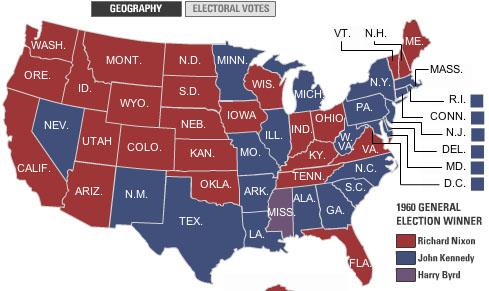The “ouroboros” is an ancient symbol of a snake eating it’s tail. It comes from two Greek words meaning “tail-eating,” and seems to have originated in Egypt. It can mean “infinity,” or “eternity,” as well as “death,” and “rebirth.”
In fact, in the 19th century, German chemist – August Kekulé – was inspired by a dream of just such a symbolic tail-eating snake, led to his discovery of the chemical structure of the compound Benzene.
Although there is a debate on whether he really had the dream first, or if he just used it to embellish the story around his discovery.Today is the 33rd Sunday in Ordinary Time.
Our continued focus throughout the month of November, is of an “eschatological” theme. “Eschatology” being the area of theology concerned with death, judgment, and the final disposition of the soul.
And so we commemorate the faithful departed, and we remember – in a special way – those who passed away in the last 12 months.
In 2 weeks, we will end the Church Year, and being a new one – focusing on the Gospel of St. Luke, and once again moving through Advent, Christmas, Lent, Easter, and Ordinary Time.
Our first reading comes from the Book of Daniel. Written two-hundred years before Christ, and recounting Jewish history from four-hundred years before that; it consists of two parts: the first being the goings on in the royal court of Babylon (during the Babylonian Captivity,) and the second being four apocalyptic visions … the last of which we heard proclaimed today.The second reading wraps up this section of the Letter to the Hebrews on Christ’s priesthood and sacrifice – contrasting the temporary priesthood in this temporary world with the eternal priesthood of Jesus Christ in Eternity. Calling us all to look beyond our lives here and now … toward the future life to come in Eternity.
The Gospel reading from St. Mark comes from near the end of the thirteenth chapter. This chapter begins with Jesus prophesying the destruction of the temple. He then speaks of the signs of the end, a coming persecution, and a great tribulation. In what we heard today, Jesus speaks of His own second coming.
The chapter ends with an admonition to “be watchful! be alert!” This section was read last year on the First Sunday of Advent, bringing us full-circle through the Gospel of St. Mark.
Throughout history many people have come up with claims of when the world would end. There was December 21, 2012 when the Mayan Calendar ended, and supposedly the world going to end as well.
In the year 1999, 25 years ago, all computers were going to break down on New Year’s Day, because most of them had only been programmed with two digit dates. But somehow we survived.
The Jehovah’s Witnesses have predicting the end of the world for over 100 years: in 1914, 1915, 1918, 1920, 1925, 1941, 1975 and 1994. Never the less, they still hold their annual conference in Saginaw every year in early July.
We should be prudent in our own interpretation of the signs of the times ... as well as the symptoms of our times. After all, “The more things change, the more they stay the same.” Or as Jesus says in today’s Gospel: “Heaven and earth will pass away, but my words will not pass away.”
For ourselves, we must keep our eye fixed on Jesus Christ, and we must keep our minds focused on the things that are eternal. Knowing that, despite our immediate thoughts and worries, that God is in charge, and that God’s plan for us is much bigger than we can imagine.
As we approach this altar to receive the Sacred Body and Blood, Soul and Divinity of Jesus Christ, let us rely more and more on supernatural and spiritual helps provided to us in the Sacraments. May our lives be an expression of God’s grace and mercy and love - our spiritual inheritance from God as His beloved children, redeemed in Christ, and filled with the power of the Holy Spirit.

























